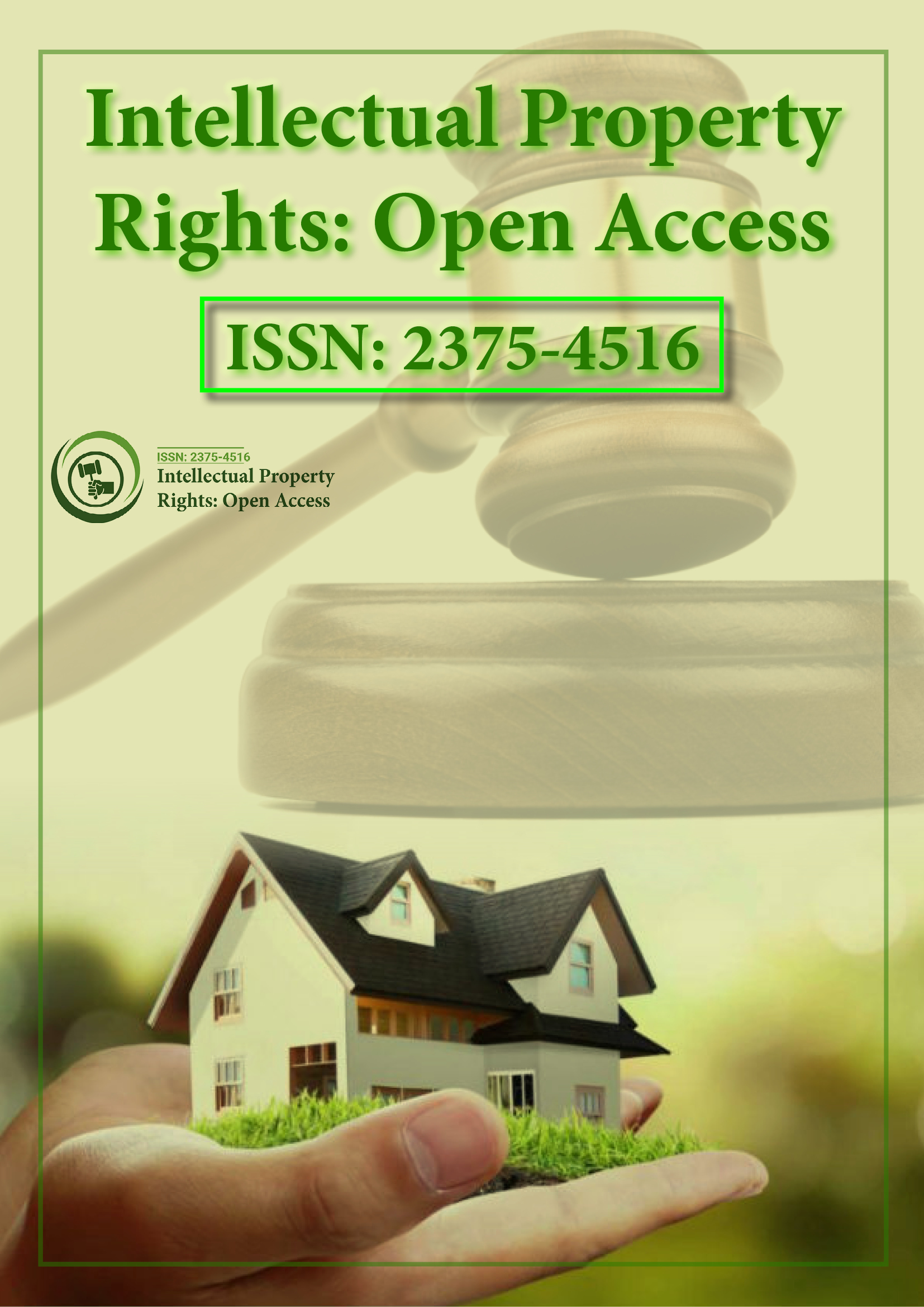Indexed In
- Open J Gate
- RefSeek
- Hamdard University
- EBSCO A-Z
- OCLC- WorldCat
- SWB online catalog
- Publons
Useful Links
Share This Page
Journal Flyer

Open Access Journals
- Agri and Aquaculture
- Biochemistry
- Bioinformatics & Systems Biology
- Business & Management
- Chemistry
- Clinical Sciences
- Engineering
- Food & Nutrition
- General Science
- Genetics & Molecular Biology
- Immunology & Microbiology
- Medical Sciences
- Neuroscience & Psychology
- Nursing & Health Care
- Pharmaceutical Sciences
Abstract
Self and Peer Assessment at Problem-Based Learning (PBL) Sessions at the Faculty of Medicine, King Abdulaziz University (FOM-KAU), KSA: Students Perception
Introduction: In 2007, the Faculty of Medicine, King Abdulaziz University (FOM-KAU) has introduced PBL into its integrated, systems-based curriculum to encourage the development of important skills. Among such skills are problem-solving skills, verbal and written communication skills, leadership skills, teamwork skills, and self- and peerassessment skills.
Purpose: The purpose of this research work was to investigate whether self- and peer-assessment are done or neglected in PBL sessions at FOM-KAU, and how students perceive them in terms of their benefit.
Material and Methods: This is a descriptive study that has been performed at the FOM-KAU on a random sample of students in Year 3 (n=60). A self-administered questionnaire (survey) was developed and administered to the students at the end of the debriefing session of a PBL case to investigate their perception of self- and peerassessment and whether they are done or not. Descriptive statistics were used, as frequency distribution and comparisons.
Results: Nearly all of the students in our sample positively perceive the importance and merits of self- and peer assessment. Also, most of the students (83%) said they do self-assessment after PBL sessions, while only 55% of them said they do peer-assessment after PBL sessions.
Conclusion: Self- and peer-assessment are done in FOM-KAU with different percentages, where self-assessment is done more frequently. Based on their importance, they are positively perceived by the majority of the students in our sample, which provides a good ground for implementing and monitoring a sound strategy for selfand peer-assessment based on pre-determined criteria.

